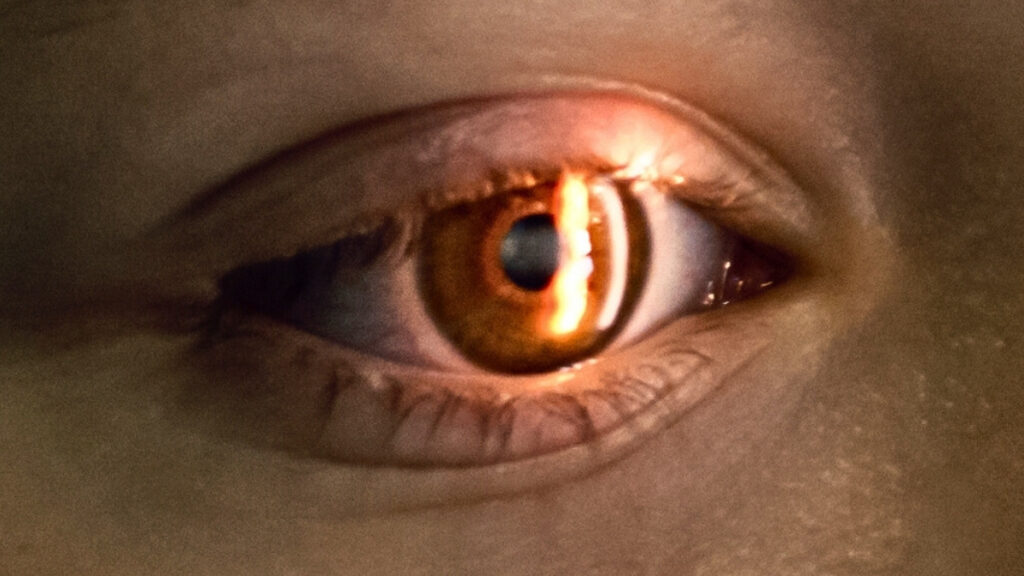
A recent study indicates that a simple eye scan may help identify risks for heart disease and biological aging. Conducted by a research team from the United Kingdom and Canada, this work highlights that the health of tiny blood vessels in the eye can reflect overall vascular health. This innovative approach could allow for earlier detection and treatment of health issues.
The research, published in Science Advances, builds on existing knowledge that eyes serve as indicators of general health. The study focused on the blood vessels located at the back of the eye, which appear to provide significant insights into cardiovascular risk. According to Marie Pigeyre, a geneticist at McMaster University, “The eye provides a unique, non-invasive view into the body’s circulatory system.” She emphasized that changes in retinal blood vessels often mirror alterations occurring in small vessels throughout the body.
To investigate further, the team analyzed eye scans and genetic data from 74,434 volunteers. They discovered that individuals with simpler, less branched retinal blood vessels had a higher genetic risk of cardiovascular disease. This correlation was established through a technique known as Mendelian randomization, which uses genetic variants to infer health risks. The findings suggest that the characteristics of these blood vessels are intrinsically linked not only to biological aging but also to the same processes that drive heart disease.
Potential for Preventative Treatments
In addition to analyzing blood vessel structure, the researchers identified specific proteins, notably MMP12 and IgG–Fc receptor IIb, that could influence inflammation and vascular health. These proteins might serve as targets for future treatments aimed at preventing cardiovascular issues. “By connecting retinal scans, genetics, and blood biomarkers, we have uncovered molecular pathways that help explain how aging affects the vascular system,” Pigeyre stated.
Current methods for assessing risks of age-related conditions, such as heart disease, stroke, and dementia, often involve complex and lengthy tests. The ability to use eye scans instead could facilitate easier and earlier assessments for a greater number of individuals.
While the concept of utilizing eye scans as indicators of health risks is not entirely new, this study provides robust scientific evidence to support its effectiveness. By targeting underlying proteins and inflammation triggers before major health complications arise, there is potential for significant improvements in health outcomes for an aging population.
Implications for Healthcare
The implications of this research are promising. It suggests that using eye scans could not only reduce the burden of cardiovascular diseases but also improve overall lifespan. “Our findings point to potential drug targets for slowing vascular aging, reducing the burden of cardiovascular diseases, and ultimately improving lifespan,” Pigeyre remarked.
As researchers continue to explore the connections between eye health and overall well-being, this study paves the way for future innovations in preventative healthcare. The prospect of utilizing simple eye scans as a reliable tool for early detection of serious health issues represents a significant advancement in the field of medicine.






